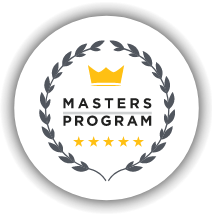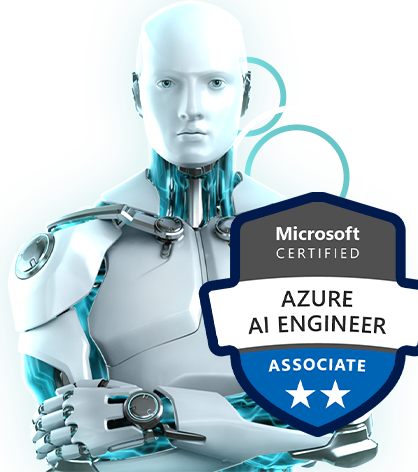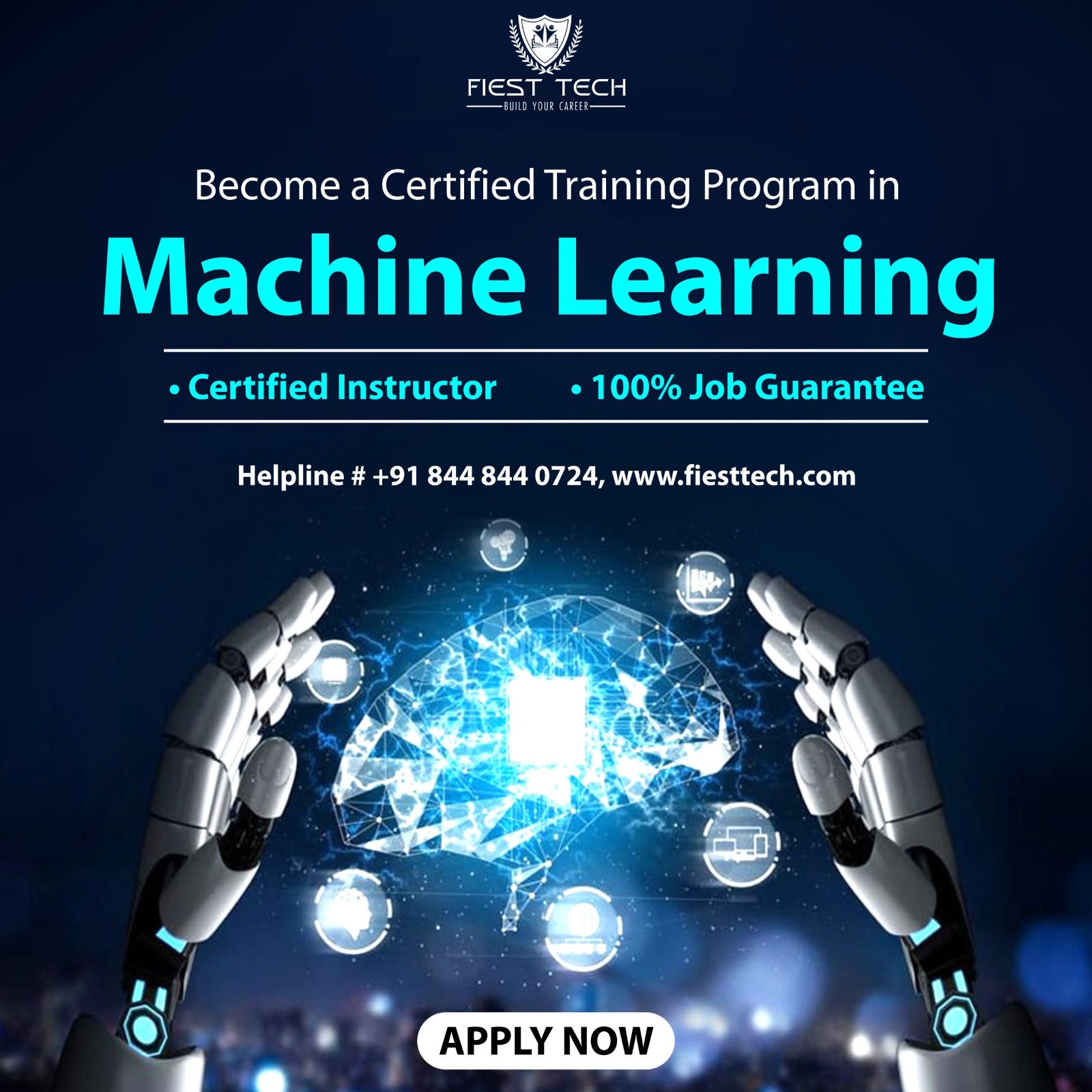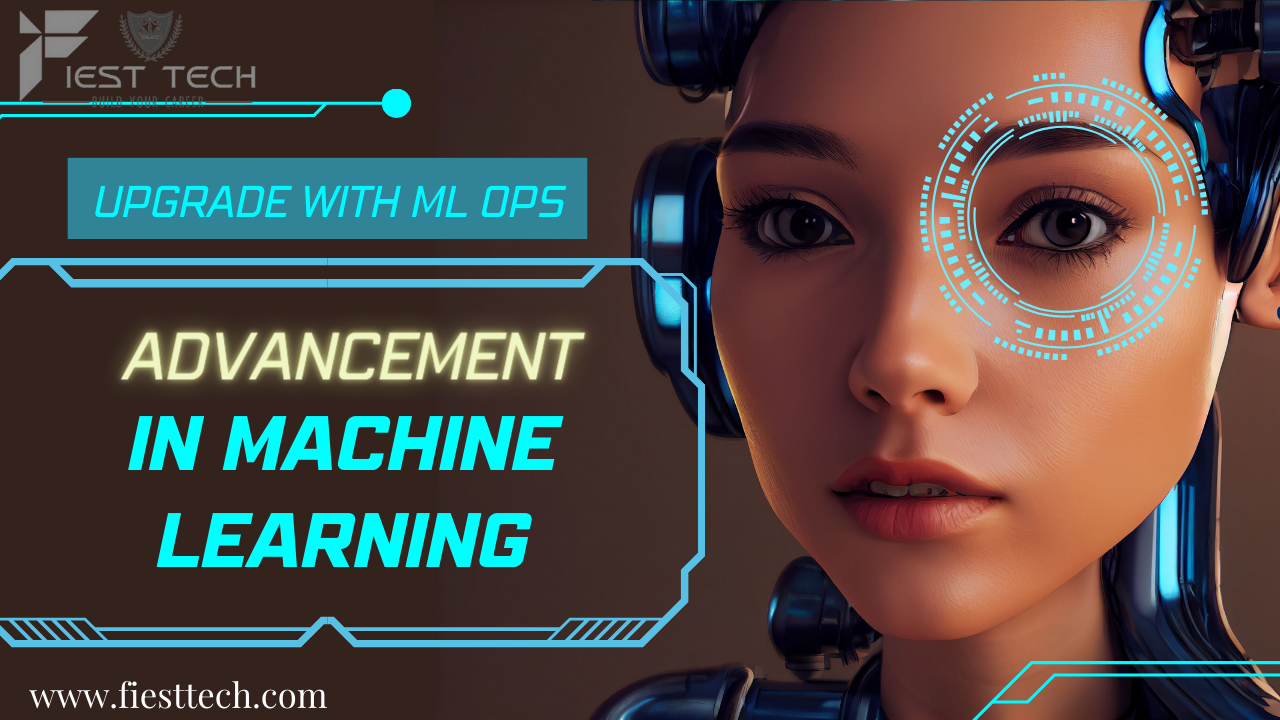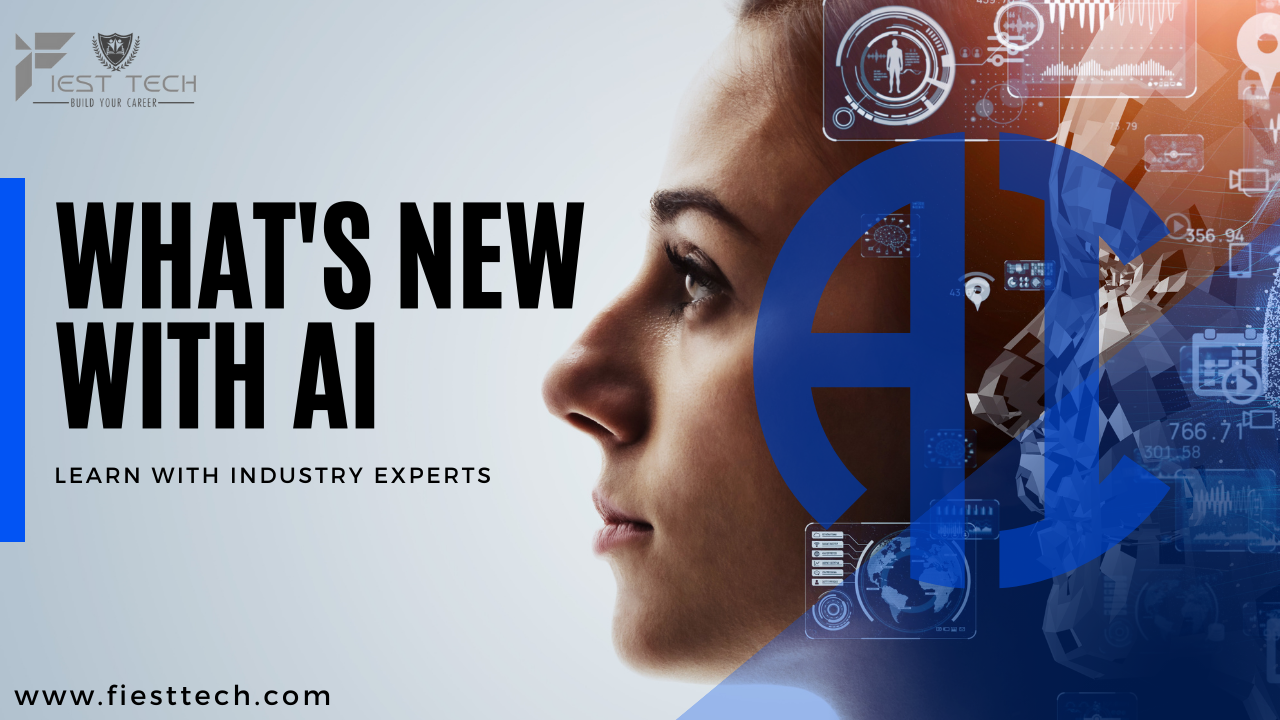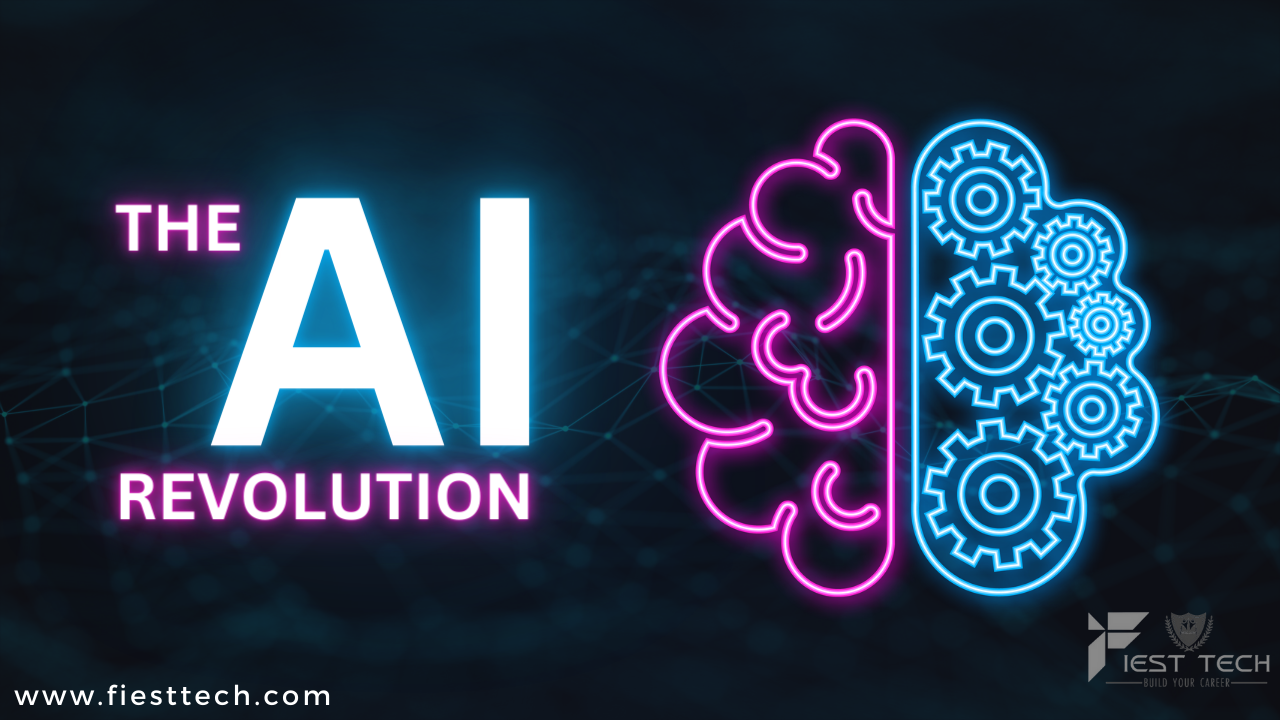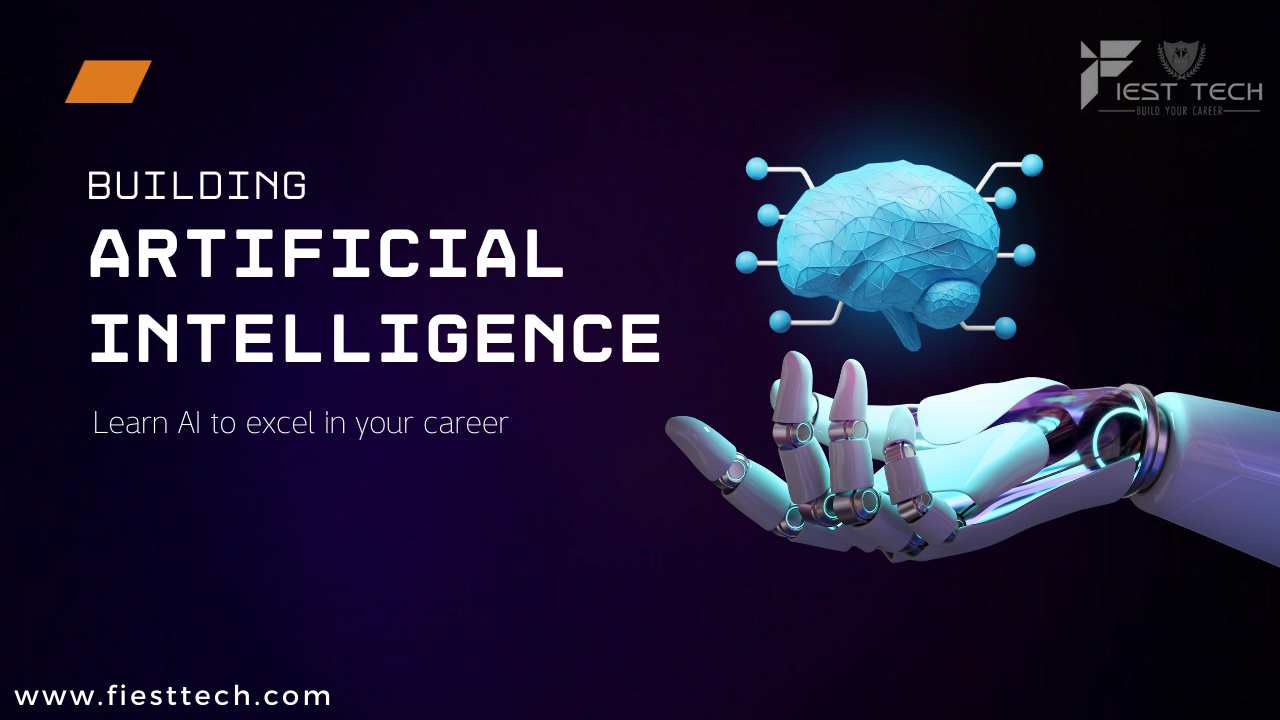Introduction to AI Course Overview
This Introduction to AI provides an overview of AI concepts and workflows, machine learning, deep learning, and performance metrics. You’ll learn the difference between supervised, unsupervised, and reinforcement learning; be exposed to use cases, and see how clustering and classification algorithms help identify AI business applications.
Artificial intelligence (AI) training refers to the process of teaching an AI system or model to perform specific tasks or learn from data. It involves providing the AI system with large amounts of data and using algorithms to train it to recognize patterns, make predictions, or perform other tasks.
Introduction To Artificial Intelligence Key Features
At Fiesttech, we value the trust of our patrons immensely. But, if you feel that this Introduction To Artificial Intelligence does not meet your expectations, we offer a 7-day money-back guarantee. Just send us a refund request via email within 7 days of purchase and we will refund 100% of your payment, no questions asked!
- Lifetime access to self-paced learning
- Industry-recognized course completion certificate
- Job assist-program
- In-blended depth learning
- Hands on practice projects
Skills Covered
- Purpose of artificial intelligence technology
- Concepts of deep learning and machine learning workflow
- Supervised learning
- Semisupervised learning
- Unsupervised learning
Benefits
Artificial intelligence (AI) learning offers several benefits across various domains and industries. AI learning enables automation of repetitive and mundane tasks, freeing up human resources for more complex and creative work. This can lead to increased productivity, efficiency, and cost savings for businesses. AI models can be trained to process and analyze vast amounts of data with high speed and accuracy.
Annual Salary
Hiring Companies
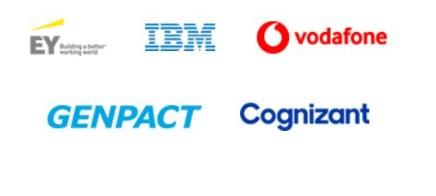
Annual Salary
Hiring Companies
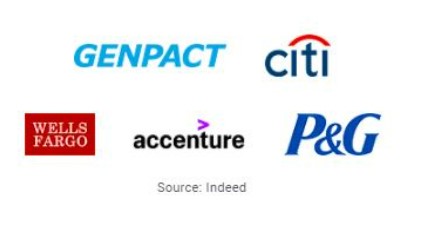
GO AT YOUR OWN PACE
Training Options
Explore all of our training options and pick your suitable ones to enroll and start learning with us! We ensure that you will never regret it!
APPLY
Who Can Apply
- Engineering Students and Recently Graduate Candidates
- Software Developers
- Business Analysts
- Automation Engineers
- Solution Architects
- Quality Analysts
- Project Managers
.jpg)
Introduction to AI Course Curriculum
Eligibility
This Introduction to AI for beginners is ideal for developers aspiring to be AI engineers, as well as for analytics managers, information architects, analytics professionals, and graduates looking to build a career in artificial intelligence or machine learning. Most AI-related roles require at least a bachelor's degree in a related field such as computer science, mathematics, engineering, or a related discipline. Having a degree in a related field provides a strong academic foundation.
Pre-requisites
A strong background in mathematics is crucial for AI. Topics like linear algebra, calculus, probability, and statistics are fundamental. You'll often use mathematical concepts to build and understand AI models. Prior knowledge of basic machine learning concepts is beneficial. Understanding supervised and unsupervised learning, classification, regression, and clustering can be a head start.
Course Content
Live Course
Self Paced

Introduction To Artificial Intelligence Exam & Certification
Upon successful completion of the Introduction to AI for beginners course, Fiest Tech will provide you with an industry-recognized course completion certificate which has lifelong validity.
An Artificial Intelligence Engineer works with Machine Learning algorithms, neural networks, and other techniques in various types of business worldwide. They build, test, and deploy Artificial Intelligence models and are responsible for maintaining the Artificial Intelligence infrastructure. You can enroll for Fiest Tech Artificial Intelligence Training Program in collaboration with CalTech which will give you an insight into Artificial Intelligence tools and methodologies. This program will train you on Python, Machine Learning techniques, including data reprocessing, regression, clustering, and Deep Learning methodologies and its applications using TensorFlow to prepare you for success in your role as an Artificial Intelligence Engineer.
To obtain the course completion certificate, you must:
- Complete the online Introduction to Artificial Intelligence for beginners course
- Complete the course-end assessment with a minimum score of 80%
Yes, we provide a practice test as part of this course to help you prepare for the actual certification exam. You can try this free Artificial Intelligence Exam Questions to understand the type of tests that are part of the course curriculum.
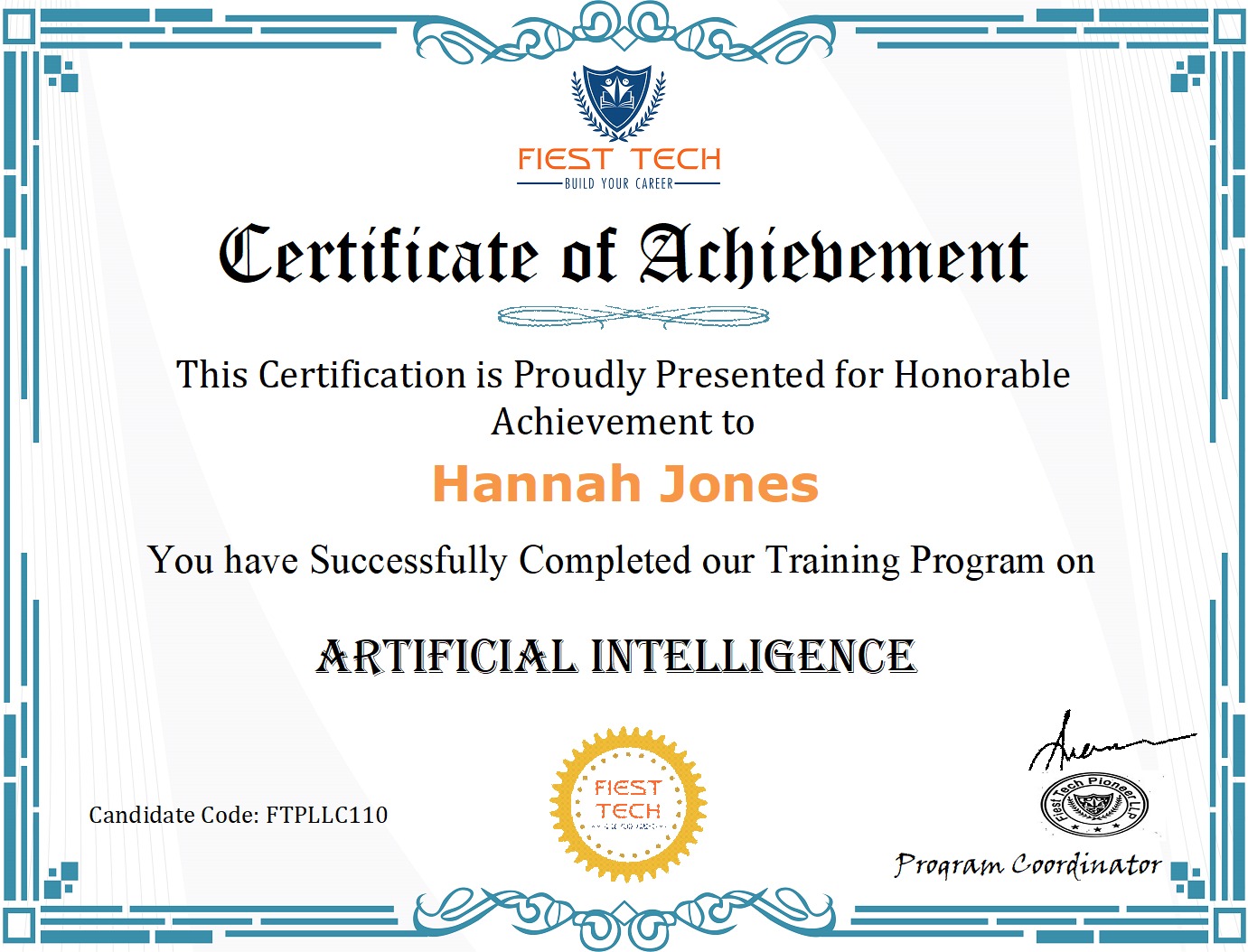
Bootcamp
Why Online Bootcamp
AI used to Preprocess the data
Data preprocessing involves cleaning the data, removing any noise or irrelevant information, and transforming it into a suitable format for training
Design the AI model
Choose an appropriate AI model architecture based on the nature of the task. This could involve selecting from various deep learning architectures
Initialize and train the AI Data model
Initialize the AI model with random weights and biases, and feed it the training data. The model will process the data, make predictions, and compare them to the ground truth labels
Iterate and improve with AI
Based on the evaluation results, iterate on the training process to improve the model further. This may involve gathering more data, refining the preprocessing steps, or exploring different AI architectures.
FAQS
Introduction To Artificial Intelligence Course FAQs
Artificial Intelligence is a branch of computer science that involves the development of computer systems that mimic a human brain and enable them to perform tasks that usually require human intelligence. Computers can be trained to accomplish tasks by processing large volumes of data and recognizing patterns in that data using different AI techniques.
Artificial Intelligence is a broad field and one should have strong fundamentals to learn the concepts of AI. This AI for beginners course is one of the reliable resources to learn AI from scratch. Additionally, it is better to have a working knowledge of at least one programming language like Python, Java, or R.
AI is an exciting career domain but involves learning of many complicated concepts. This AI basics course is ideal for professionals who do not have any prior knowledge of the field but are willing to start a career in AI.
When you get a basic understanding of AI through this beginner course, you should move on to other important concepts like data science, machine learning, deep learning, and natural language processing.
Artificial Intelligence is one of the disruptive technologies that has the potential to change the way businesses operate. Companies are harnessing the power of AI and self-driving cars, virtual assistants, facial recognition, personalized shopping are only the initial applications of AI. The demand for skilled AI engineers is soaring and so one should learn AI to become a part of this exciting domain.
Knowledge of core math concepts like statistics, calculus, linear algebra, and probability along with proficiency in any one programming language helps to get started in AI without much difficulty. Our Introduction to AI course is specifically designed for beginners and covers everything from the basics.
Related Programs
AI & Machine Learning Related Programs

